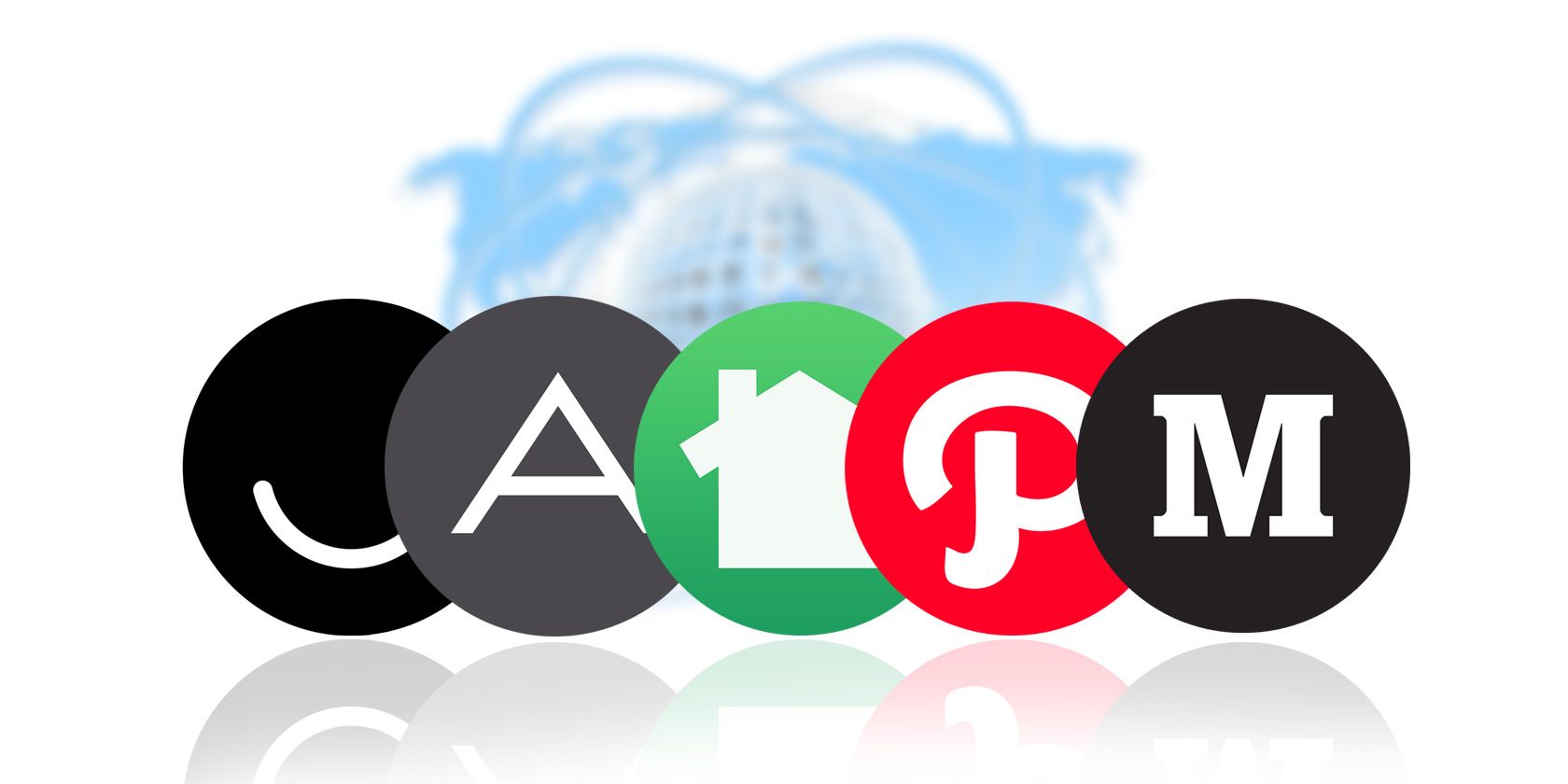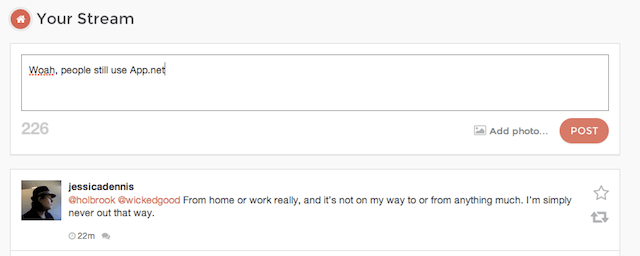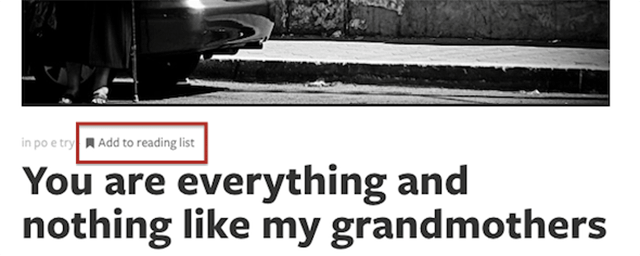The social network arena is getting crowded. A new one pops onto the scene every few months and many of them wither away within just a few years. Is the market saturated? Isn't everyone already on Facebook, Twitter, Tumblr, Instagram, and LinkedIn? Not quite.
As it turns out, there's a downside to massive social networks: the fact that everyone is already using them. Haven't you ever wanted to escape your family on Facebook? Maybe you want to go someplace else where everybody doesn't know your name?
If that describes you, then here are some alternative social networks that aren't huge but have gained some serious traction.
Ello
You might have heard of Ello. It's the latest fad to hit social networking news circles and it seems plenty of people are hopping on the bandwagon. This is the sort of initial buzz and excitement that Google+ lacked on its debut which might've catapulted it ahead of its competitors.
Will Ello be able to capitalize on all of its headlines? We'll see soon enough.
If this is your first time hearing about it, you should check out Matt's introduction to Ello in which he explains its purpose and its distinguishing factors that set it apart from established giants like Facebook, Instagram, and Tumblr.
In a word: simplicity. It's social networking at its most basic: you can either post updates or view updates. That's all. It's an attempt to turn back to a simpler time when social networks weren't inundated with extraneous apps, games, and fluff.
Best of all, it doesn't require you to use your real name and it's dedicated to staying ad-free. Want to participate on the buzziest new social network of 2014? You'll need an invite code for now but it shouldn't be too hard to procure one if you ask around.
App.Net
What happens when you grow frustrated with a social network? For most of us, the answer is to keep using it while grumbling under our breath. But grumbling wasn't enough for Dalton Caldwell, who grew tired of Twitter's monetization shenanigans and decided to create his own social network to pursue what Twitter could've been.
So if you've used Twitter before, then App.net should feel comfortable. The entire process isn't too far off: you post micro updates, you follow people, and you can respond to their micro updates or share them on your stream for others to see.
One big differentiating detail is the way App.net treats developers. Twitter isn't all too kind where third-party applications are concerned whereas App.net embraces third-party developers. While they aren't running their Developer Incentive Program anymore due to cost reasons, App.net has since gone open source so that anyone can contribute and improve the platform.
Looking for an alternative to Twitter that embraces a free-and-open philosophy? App.net is where you want to be. Check out our App.net overview to learn more.
Nextdoor
Nextdoor is the social network that actually encourages socialization. Instead of trying to cultivate mass appeal, Nextdoor is an inward-focused social network that consists of thousands of different private communities that are rooted in physical neighborhoods. These communities are real.
Though it launched back in 2011, it has been gaining steady ground and it's as strong as ever, currently boasting over 43,000+ neighborhoods across America. If you live in another country, you can stop reading now since Nextdoor hasn't yet expanded outside of the United States.
It works like this: when you sign up, you input your real address. If there isn't a current neighborhood that contains your address, you can start your own by drawing boundaries on a map. Only people from the addresses within those bounds can apply to join your neighborhood.
To use Nextdoor, your location and identity must be verified in one of three ways: by credit card billing address, by phone number billing address, or by postcard (which can take 3-5 days). It might feel counter-intuitive to the Internet privacy craze but it seems to be working for Nextdoor so far.
It's certainly an interesting concept that allows you to meet and stay connected with your physical neighbors using one convenient website.
Path
Path consists of two components: the ad-free social network, which we'll discuss here, and the Path Talk mobile app for free messaging. You might have heard about the latter, which has grown to be quite popular, while being in the dark about the former. Try not to get the two confused.
In his post on social networks that could succeed Facebook, Philip described Path as a "fresher and more streamlined" version of Facebook with some commendable aspects that make it worth using. What's most appealing is that it gives Facebook's younger audience a place to hang out away from their family members.
Indeed, the language of Path is definitely on the hip side. It encourages you to "share moments", "express yourself", and "remember life". It's hard to tell whether they're trying to encourage a positive mindset or if they're just aiming to draw those who ooze sentimentality.
As one reader commented, Path feels like a trendy coffee shop. Oh, for sure. If that's your style, then you'll feel right at home here.
Medium
Medium isn't a social network in the strictest sense - it's actually an alternative take on blogging platforms - but with its feature set and design, it might as well be one. If you love to read and write long-form posts using a powerful but minimalist interface, then you're better off here than on Twitter or Tumblr.
The driving force behind Medium is one that not only promotes written content, but also the sharing and circulation of said content. Users can create "collections", which organize stories by theme and topic, and contributions to collections are limited to editors and writers chosen by the owner. Stories can only be in one collection, so after you write something you can submit it to a collection you own, edit or write for.
Medium also tries to overcome the problem of "content discovery" by curating lists of top stories and recommended reads on the front page of Medium.com. You can also search for content by collection and share content with others.
All in all, it has the feel of a social network where the spotlight shines on the actual content rather than the people. Check out Nancy's examination of Medium for more information. It was written before the big changes to collections in May 2014, but it still captures the essence of the site.
Which Unknown Social Networks Do You Love?
Sure, there are many other social networks out there. Most of them are incredibly popular and don't need any extra publicity while others are so negligible that they aren't worth mentioning. These, however, are right in the middle: not everyone knows about them but they're lively enough to not be a waste of time.
Which lesser-known social networks have you joined? Do any of these sound appealing to you? What would need to happen to get you to switch away from Facebook, Twitter, Tumblr, et al? Share with us below.



